"Deir ez-Zor is a crucial hotspot between central and eastern Syria," Trombetta told Sputnik, and "the main hub along the Euphrates River running from Turkiye towards the Gulf."
According to some estimates, Deir ez-Zor holds 70% of Syrian oil reserves and a major gas field. It is linked via a pipeline to Syria's other fossil fuel deposits in Al-Hasakah and Homs.
"Nowadays it's the major hub of confrontation between two areas of influence," Trombetta stressed: the US and the SDF on one side and the new transitional government-aligned Syrian armed groups on the other.
But he suggests that the US might abandon its Kurdish allies at any time and "replace them with other tribal Arab clans on the Euphrates River."
While the US seems ready to negotiate the Kurdish withdrawal up to north-eastern Syria, Washington wants to retain control over Syrian oil and gas, the expert argued.
The US wants to "maintain their military bases and the positions along the main energetic spots of Al-Omar oil field and the Conoco gas plant and other strategic positions along the eastern bank of the Euphrates river," he said.
Trombetta expects short-to-mid-term battles between the Kurdish and Syrian militants – which would not translate into a long-term conflict, as it is the US which will call the shots in the region.
Will Syria Fragment Along Sectarian Lines or Stay United?
After president Bashar al-Assad’s resignation, the question is how Alawites, Druze, Sunnis, Shiites and Kurds will coexist in the "patched-up" state.
Trombetta outlines potential scenarios:
Libyan scenario: Syria may see "many opposite militias fighting one against each other, trying to assert control of different regions supported by different regional and international powers that are occupying the ground."
Lebanese scenario: "Central and western Syria will be united under one formal state... excluding the Kurdish forces on the east and northeast". Warlords of different factions and sectarian groups "will be transformed into legitimate political representatives."
Trombetta says the Lebanese scenario would be "the most comfortable one for the international community" with a new state able to work with the West, Gulf kingdoms, Turkiye, Russia and Israel.
"The Sunnis are the majority, but for many decades are not fully in power. In the Lebanese scenario, the Sunni can count more than other factions," the pundit says, adding that the future Syria should adopt a more sensitive approach.
"There should not be a sectarian and communal partition of the political posts and resources," the pundit stresses, "but there should be a consensus based on citizenship principles away from belonging to that sect or that community."
He suggests that the model for a new Syrian state should not be a pseudo-unified society suffering from sectarian and ethnic divisions.

 4 months ago
29
4 months ago
29
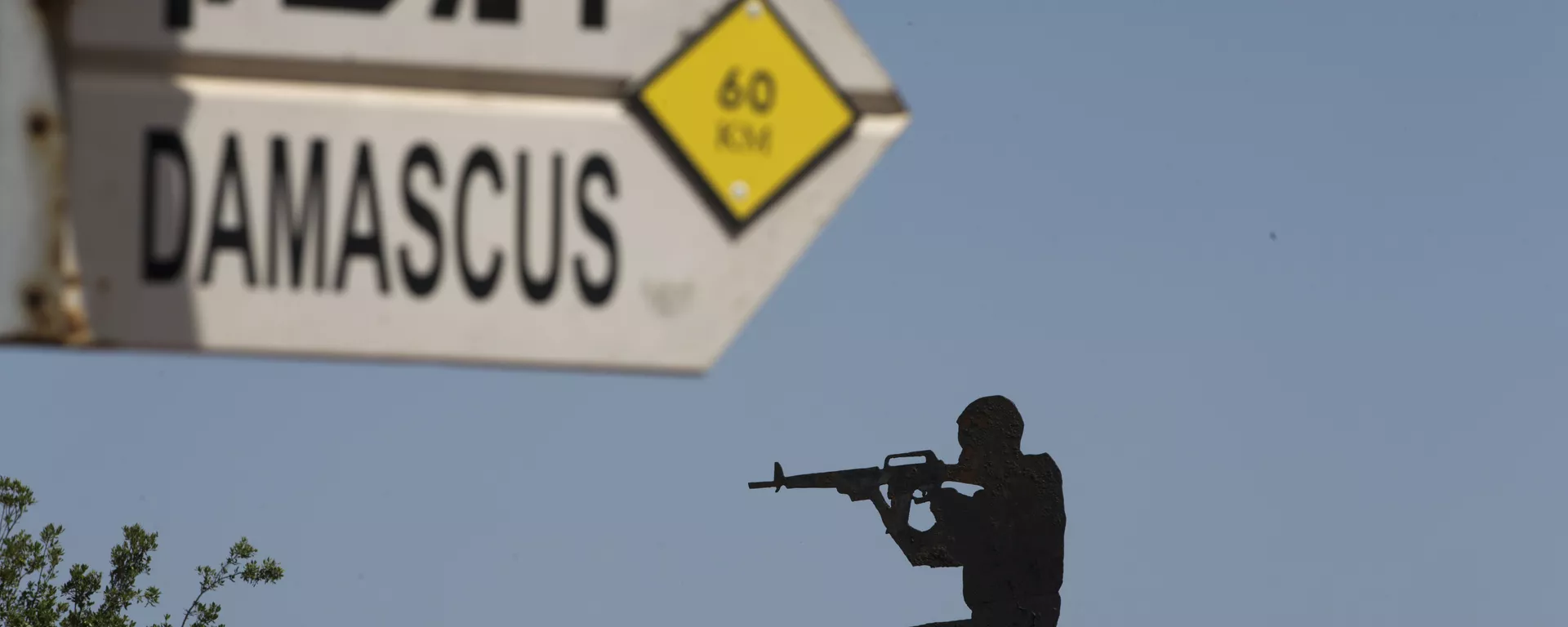
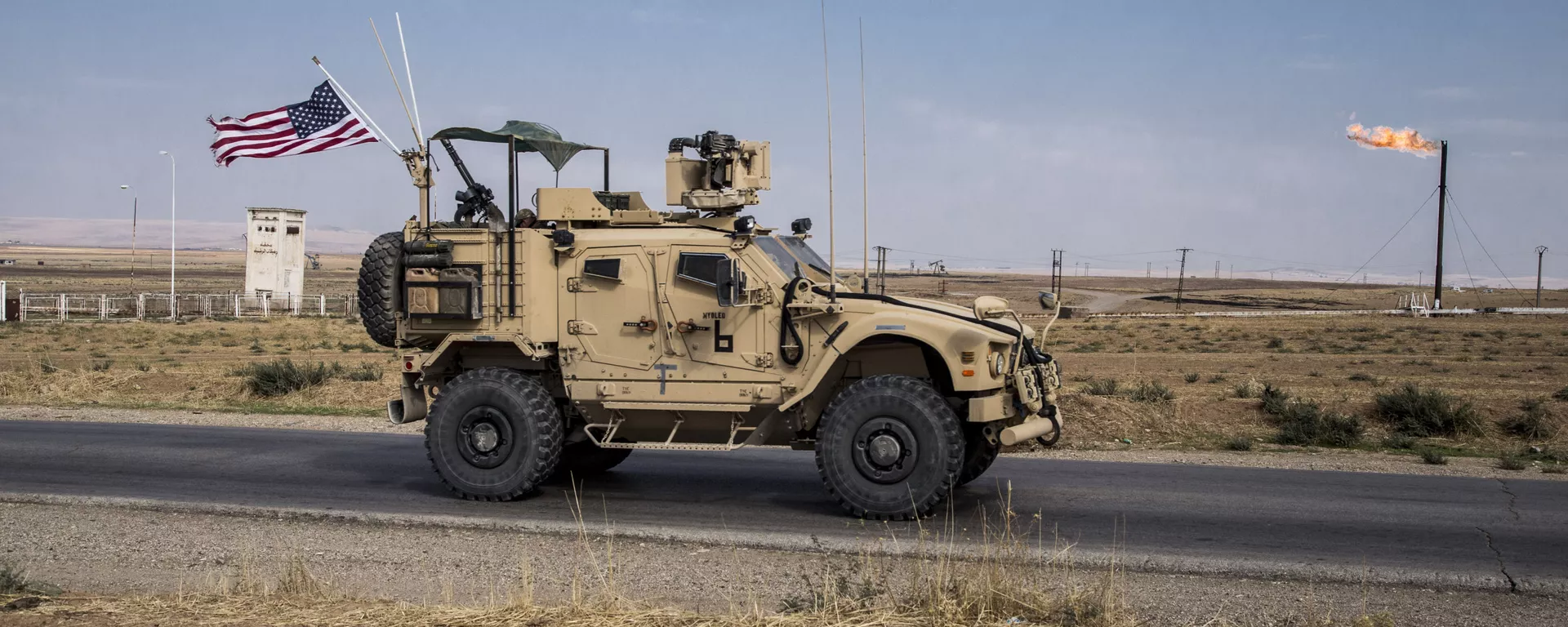
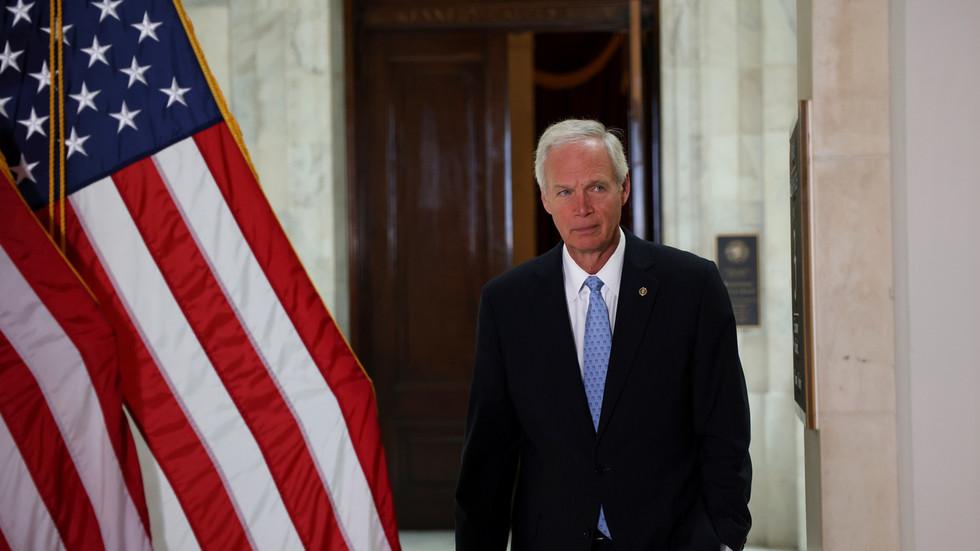
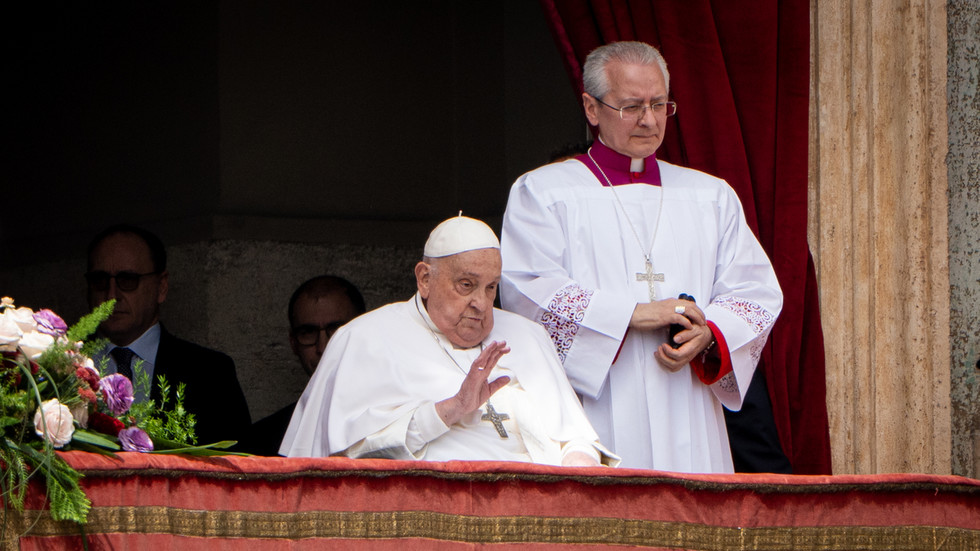
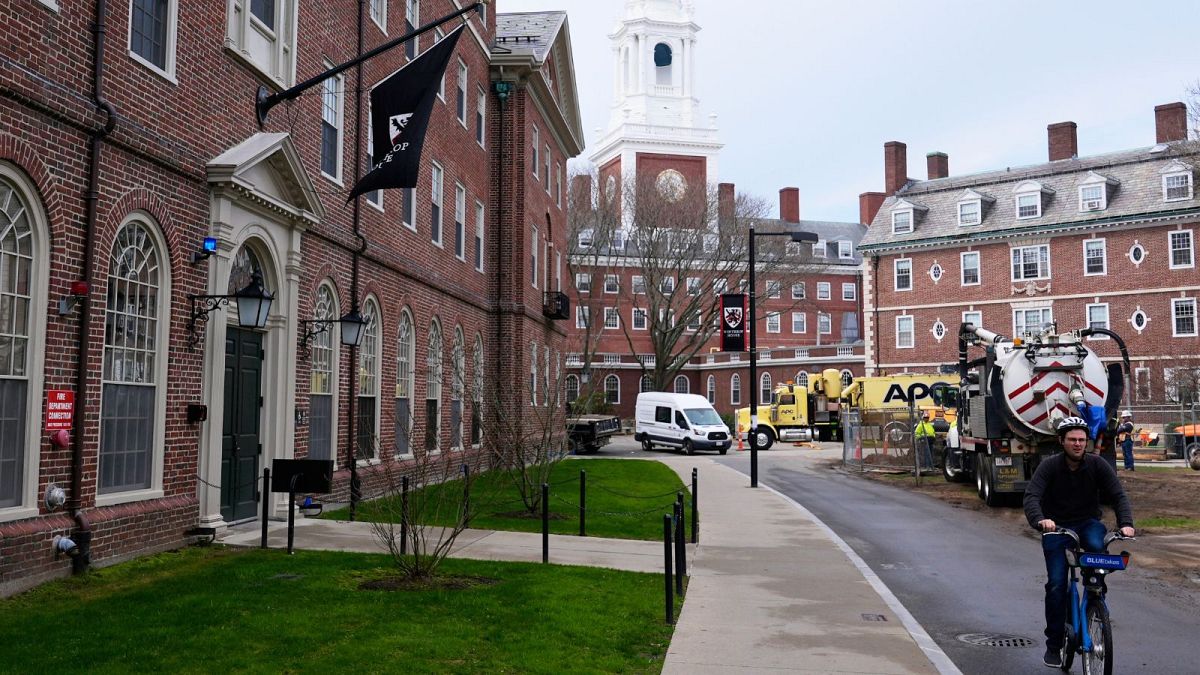
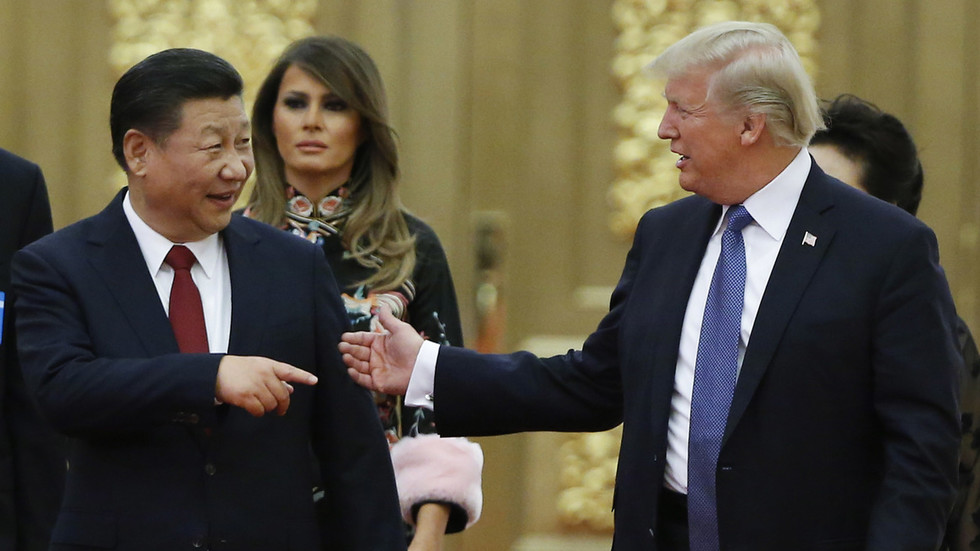
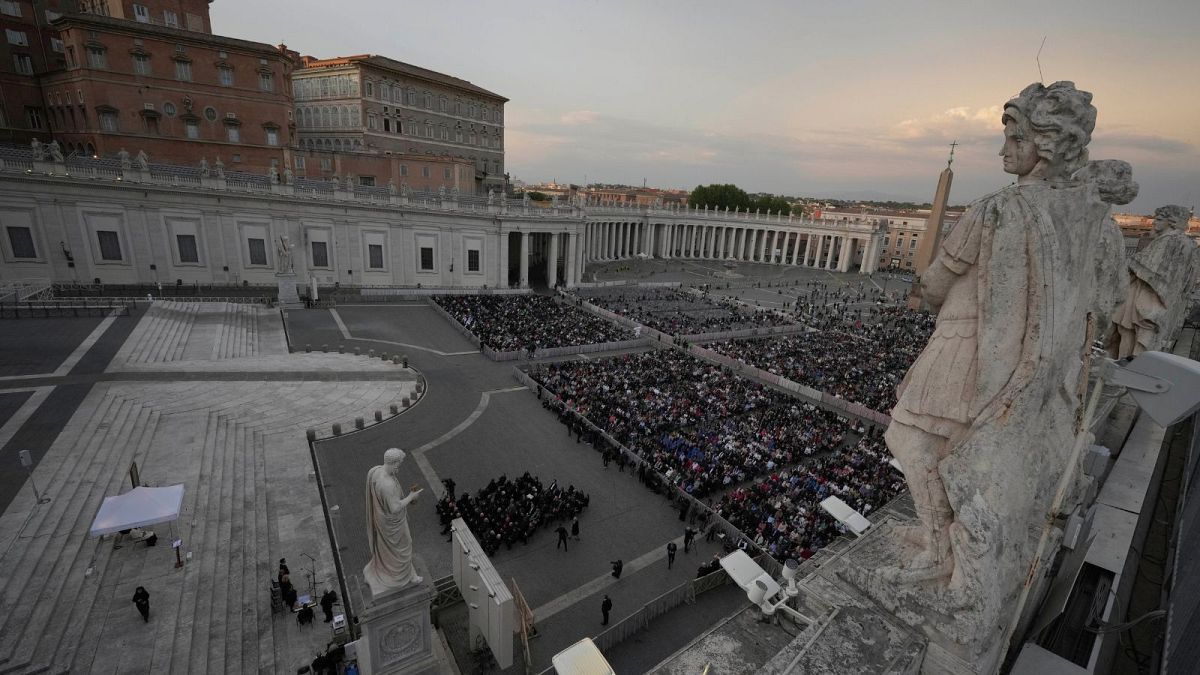
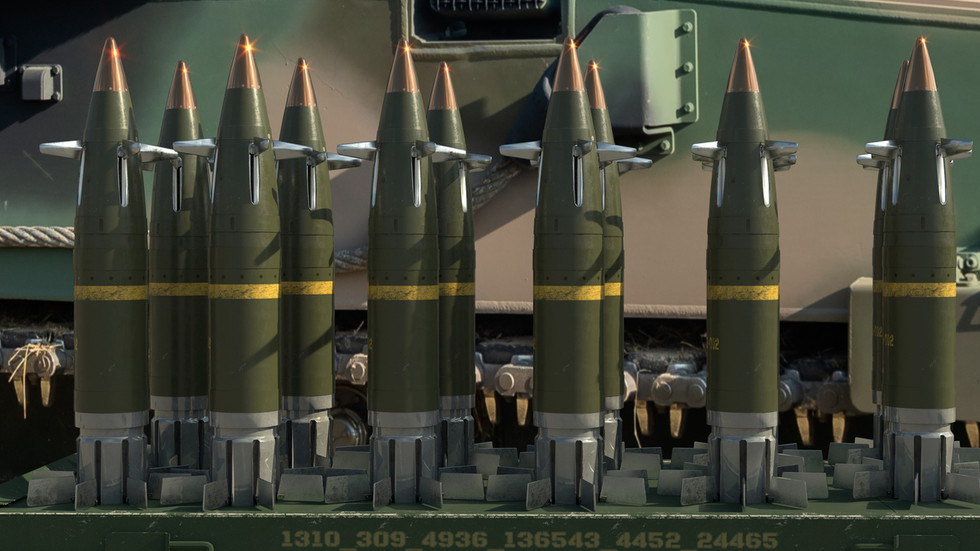
 We deliver critical software at unparalleled value and speed to help your business thrive
We deliver critical software at unparalleled value and speed to help your business thrive






 English (US) ·
English (US) ·